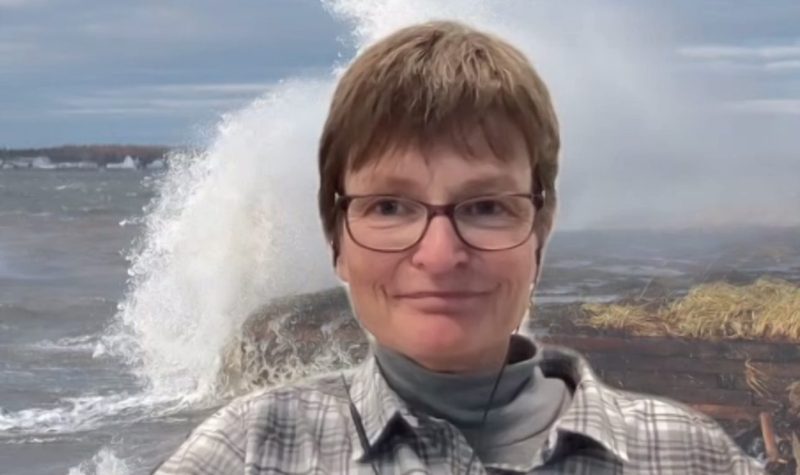A Sackville-based organization has launched a new Internet-based “toolkit” to help people in Atlantic Canada to adapt as the climate crisis results in increasingly erratic weather and rising sea levels.
CLIMAtlantic, a regional hub that provides information to help people deal with the effects of climate change, started operations in 2021 with funding from the federal government.
On Tuesday, the group launched the Coastal Adaptation Toolkit, which is mean to "help Atlantic rural coastal communities and property owners plan for the effects of climate change."
Users respond to a series of questions about conditions at a specific site, such as as natural or human-made features that may offer some protection from flooding.
The system also queries users about policies that are in place locally, such as an emergency management plan.
The answers to those questions result in an automatically-generated report with a detailed list of possible measures to address the risk of flooding and coastal erosion.
It's not a substitute for professional advice, but can serve as a first step for people facing extreme weather events like Hurricane Fiona, which hit Atlantic Canada last September.
"This is for educational purposes and information purposes," said Sabine Dietz, executive director of CLIMAtlantic.
During the online launch, CLIMAtlantic also screened a new 12-minute documentary highlighting adaptation actions in the region.
The event followed the release of the latest synthesis report from the UN’s Intergovernmental Panel on Climate Change.
The report, which summarizes key research from the past five years, has been described as a “final warning” on the climate crisis, as rising global temperature threaten the future of human life on Earth.


